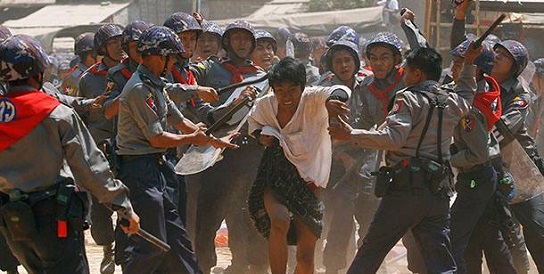So what can systems thinking offer us in the face of complexity that other models don't? Systems thinking is more of a conceptual tool box than a model. The advantage of its concepts, when used humbly and in conjunction with other ideas and methodologies, is to better appreciate the non-linear nature of reality. This helps us think and plan more realistically, instead of assuming that change follows linear cause and effect rules. The world is round; we should stop pretending it's flat.
Systems thinking also offers practical tools, particularly… Participatory mapping processes [which are] are by intention an inclusive process of shared knowledge creation. To align people’s thinking contrasting perspectives sometimes need to be disrupted first. This is achieved by introducing additional complexity into peoples' understanding of why things happen. It often generates disagreements, which should be expected because sometimes things don't happen in the same ways for the same reasons, or because people have adopted different narratives to render complexity comprehensible. If people are open minded and the evidence is compelling enough, participatory mapping processes expose new information that destabilizes these narratives, opening the opportunity for new and shared understandings to bed in.
[caption id="" align="alignnone" width="412"]
 Participatory mapping with conflict-affected communities in Myanmar[/caption] Click here to learn more about how to conduct a participatory mapping process
Participatory mapping with conflict-affected communities in Myanmar[/caption] Click here to learn more about how to conduct a participatory mapping process  Myanmar: Burma Democratic Concern (BDC) unequivocally denounces police brutalities cracking down on students' protests by Burma Democratic Concern is licensed under a Creative Commons Attribution 4.0 International License.
Myanmar: Burma Democratic Concern (BDC) unequivocally denounces police brutalities cracking down on students' protests by Burma Democratic Concern is licensed under a Creative Commons Attribution 4.0 International License.
